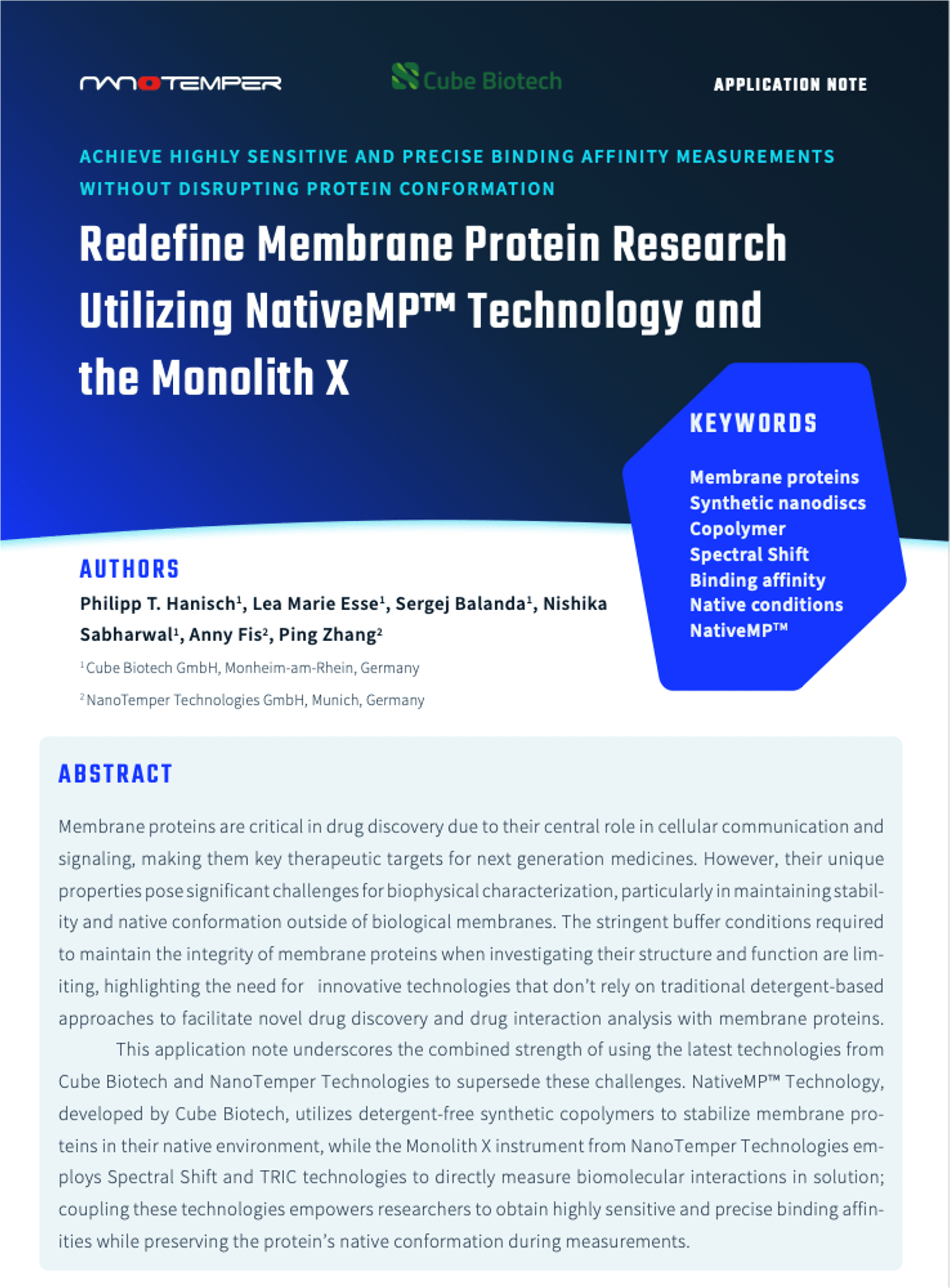de Sousa L.R.F., Wu H., Nebo L., et al.
Bioorganic and Medical Chemistry 2015, vol: 23(3) doi: 10.1016/j.bmc.2014.12.015
Abstract
NS2B-NS3 is a serine protease of the Dengue virus considered a key target in the search for new antiviral drugs. In this study flavonoids were found to be inhibitors of NS2B-NS3 proteases of the Dengue virus serotypes 2 and 3 with IC50 values ranging from 15 to 44 μM. Agathisflavone (1) and myricetin (4) turned out to be noncompetitive inhibitors of dengue virus serotype 2 NS2B-NS3 protease with Ki values of 11 and 4.7 μM, respectively. Docking studies propose a binding mode of the flavonoids in a specific allosteric binding site of the enzyme. Analysis of biomolecular interactions of quercetin (5) with NT647-NHS-labeled Dengue virus serotype 3 NS2B-NS3 protease by microscale thermophoresis experiments, yielded a dissociation constant KD of 20 μM. Our results help to understand the mechanism of inhibition of the Dengue virus serine protease by flavonoids, which is essential for the development of improved inhibitors.
Topics: Virology, Monolith – MicroScale Thermophoresis, MST, Publications












